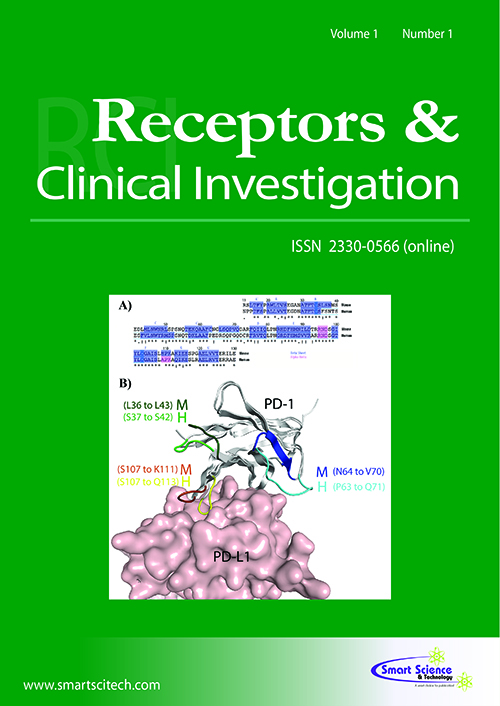LCK connects NTB-A and SAP signaling in T cells to restimulation-induced cell death
Abstract
Signaling lymphocyte activation molecule (SLAM)-associated protein (SAP) is an adaptor protein required for SLAM family receptor signaling. In T cells, signaling from different SLAM receptors (SLAM-Rs) governs differentiation, effector function, and apoptosis specifically through the self-regulatory program of T cell receptor restimulation-induced cell death (RICD). Indeed, SLAM-R signaling and RICD are impaired in X-linked lymphoproliferative disease (XLP) patients that are deficient for SAP, as well as in SAP-deficient mice. Importantly, defective RICD likely contributes to excessive CD8+ T cell accumulation and severe immunopathology noted in XLP patients upon infection with Epstein-Barr Virus (EBV). It is well established that SAP signaling through different SLAM-Rs is associated with the recruitment of the Src-family kinase FYN. Surprisingly, we recently discovered that FYN has no role in RICD. Instead, our data suggests that SAP enhances the recruitment and activation of LCK to the SLAM family receptor NK, T, and B cell Antigen (NTB-A), and thus amplifies TCR signaling for optimal RICD. In this research highlight we review the role of SAP in T cells and describe our recent findings placing LCK as an important player in SAP-mediated NTB-A signaling for T cell apoptosis.











